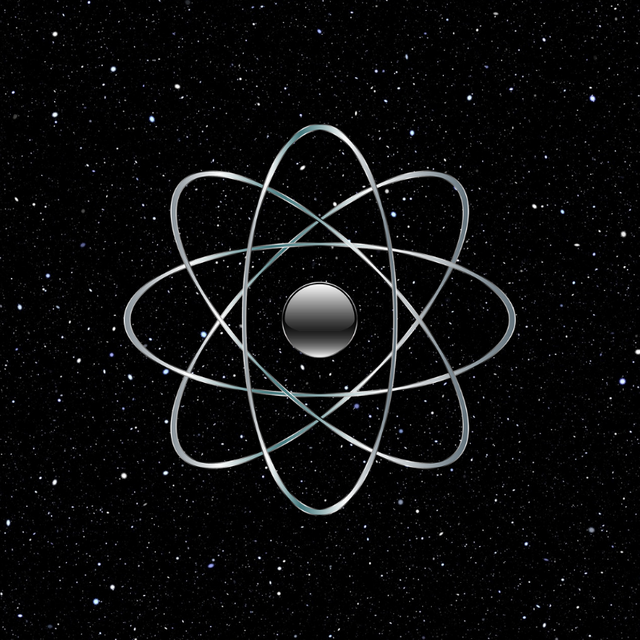
How do you know something is true? Whether someone tells it to you, you read it somewhere, you see a documentary, or hear it in a podcast, how do you know what anyone says is true? In most cases, you trust a person or source and take their word for it. But how do you know for sure that a statement anyone tells you is actually true?
Well, you’d have to see/verify it for yourself to be 100% sure. That’s the only way to truly know anything. But in most cases, that’s difficult or even impossible. No one has the time or means to verify every truth claim firsthand. Which is why we invented science.
Science is a tool to seek truth by reproducing a claimed result. The scientific method is a process of making a hypothesis, testing it, and seeing if you get the anticipated result. Either result is useful, whether you prove something right or wrong. Though one experiment is not enough. The scientific method states you must test a hypothesis multiple times, preferably as many as possible—have different people test the same hypothesis numerous times. If they all get the same result, a scientific theory is born—and a theory is the closest thing to a verified fact.
This is why evolution is a “theory.” In scientific terms, a theory is not just an idea someone came up with. A theory is a hypothesis that’s been proven to be reliable based on evidence through repeated experimentation by multiple sources. Evolution has passed this test, which is why it’s accepted as true.
The scientific method extends to all areas of life. How do you know something is true? You must go to science. Either do an experiment yourself to test a claim or hypothesis, or research to see if anybody else already has. (Which for many topics, someone already has.)
You can search online forums to see if someone has had a similar experience to you, but how can you trust them? Ideally, you’d want more than one person. You’d want hundreds or thousands or preferably millions of people who’ve reached a consensus. Which, again, is why you want to seek the science on any given topic.
You never want to take one scientist’s word for anything. Even scientists don’t take another scientist’s word. When an experiment is done and a hypothesis is proven, it’s not accepted until other scientists can reproduce the same results in an experiment of their own. Again, ideally, the more independent scientists reaching the same result, the closer you get to truth. That’s why scientists test things many times to find repeated results. When the results are repeated enough times, they’re eventually accepted as valid.
So if you want to know anything, go to the science. Science (true science that has gone through the scientific method) is the only source of truth in the universe (or the closest thing to truth as of yet). You can’t take an anecdote from a friend (online or in person) or from a blog post (except this one), or a YouTube video, or talk radio, or a podcast. If one person says something, that doesn’t mean anything. You must go to science, to see data and experimental results. That’s the only way to know whether something is true.
The problem is not all “science” is science. There’s a lot of bunk out there claiming to be science but is not. If they haven’t gone through the complete scientific method to get their data and results, it’s not true science. You have to be vigilant in being able to spot good and bad science by finding robust data.
This is why big tech companies like Google and Facebook are so powerful. They, in a sense, know the most truth in the entire world (or have the potential to) because they have the most data. The only problem is, they have so much data that they can’t sort through it all to find relevant facts and information. They can mine some of the data now, but not all of it.
This is why AI is so promising but at the same time so frightening. If it can be programmed to think like a scientist and go through the scientific method, then it can process massive amounts of data and theoretically know just about everything about everyone. If and when that happens, AI will become the ultimate source of truth in the universe.
What about logic? It is not necessary to go only to scientists to find the truth. With a rational mind and a good methodology anyone can find the truth through their own means.
Rather than judging where information comes from and whether its source is reliable or not (ad hominem), it must be judged whether what it says is true or false, and that can only be done by reason.
Downvoting a post can decrease pending rewards and make it less visible. Common reasons:
Submit
Downvoting a post can decrease pending rewards and make it less visible. Common reasons:
Submit